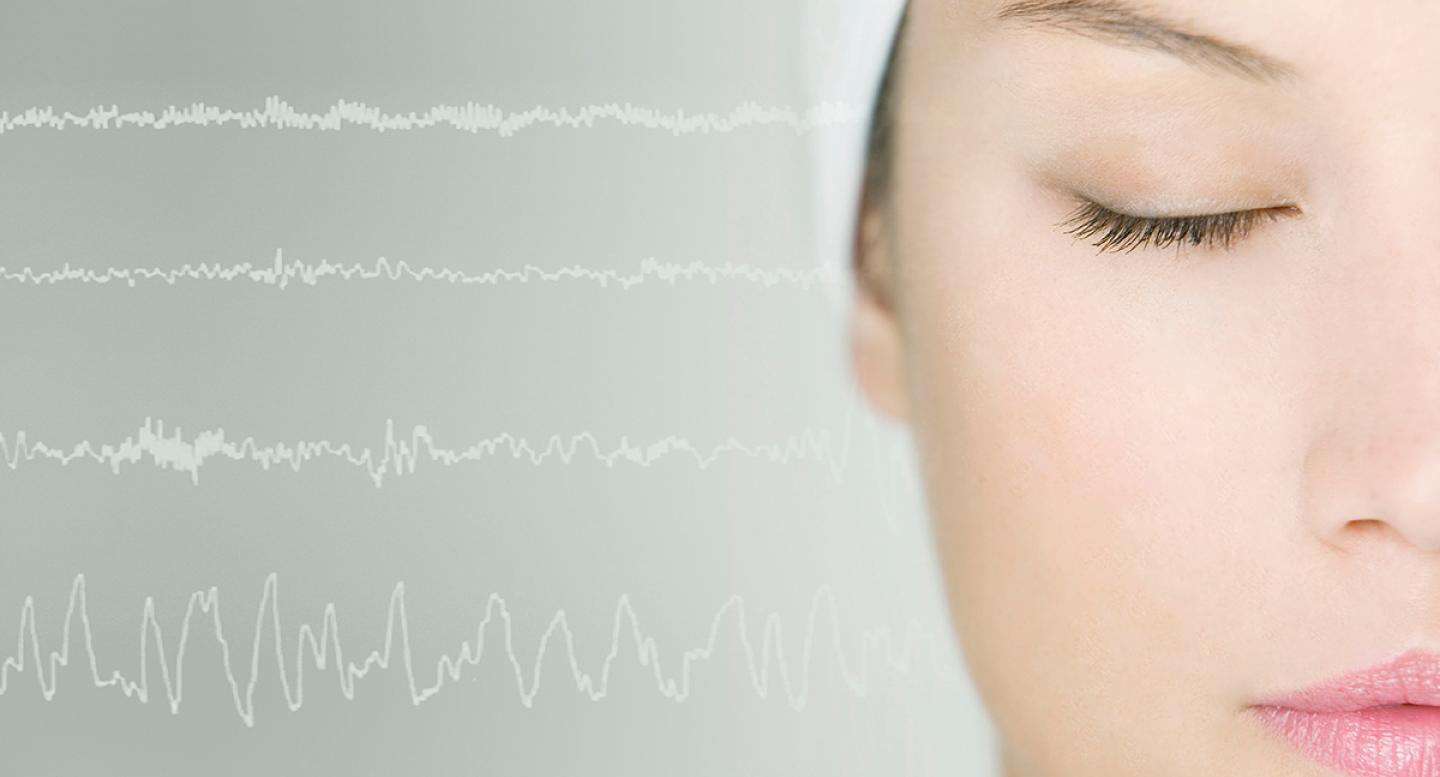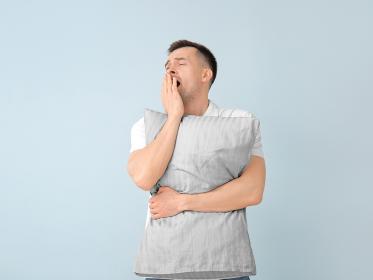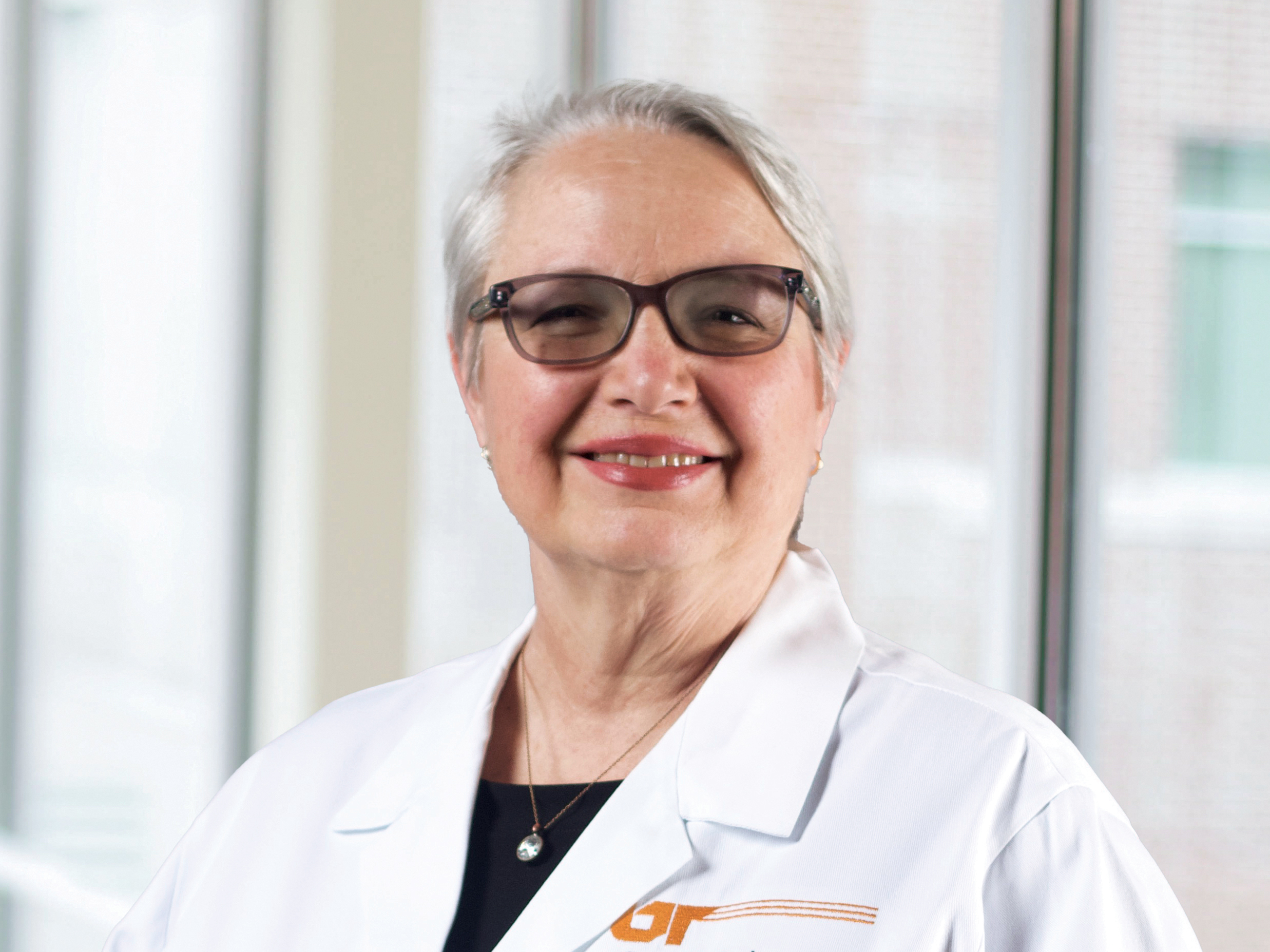About the UT Sleep Disorders Center
The UT Sleep Disorders Center is a state-of-the-art facility located at UT Medical Center in Knoxville, Tennessee. We run sleep studies six nights per week and our knowledgeable team of sleep techs can monitor up to 8 patients per night.
Overnight, attended sleep studies – known as nocturnal polysomnograms (PSG) – are conducted in a sleep lab where you’re monitored (or attended) all night by a trained sleep technologist. Your doctor may recommend a sleep study to diagnose or rule out a sleep disorder such as obstructive sleep apnea, narcolepsy or periodic limb movement disorder. You may also undergo a sleep study if you’ve already been diagnosed with a sleep disorder so that we can create or adjust your treatment plan.
During the study, we assess your sleep stages by recording brainwaves (EEG), eye movements (EOG) and muscle tone (EMG). We also carefully examine your breathing throughout the night by measuring your airflow, breathing effort, snoring and oxygen saturation. Leg movements and heart rate (ECG) are also monitored to provide a comprehensive evaluation of your sleep.
Collecting all this data requires the sleep technologist to apply numerous sensors before you go to sleep. The set up procedure is quite complex and usually takes about 60 minutes. The hook up includes applying sensors on the scalp, face, throat, chest, finger and legs.
Types of Sleep Studies
Diagnostic Evaluation:
This study measures your sleep without any intervention. It’s typically used to diagnose or rule out a disorder
Continuous Positive Airway Pressure (CPAP) Titration:
During a CPAP titration, the technologist adjusts the setting on the CPAP machine to determine how much air pressure is needed to normalize your breathing.
Split Night Study:
A split night study is a combination of a diagnostic and CPAP titration study. The first half is used to diagnose sleep apnea and then midway through the night CPAP is started. The sleep tech spends the rest of the night adjusting the pressure until breathing has been normalized.


